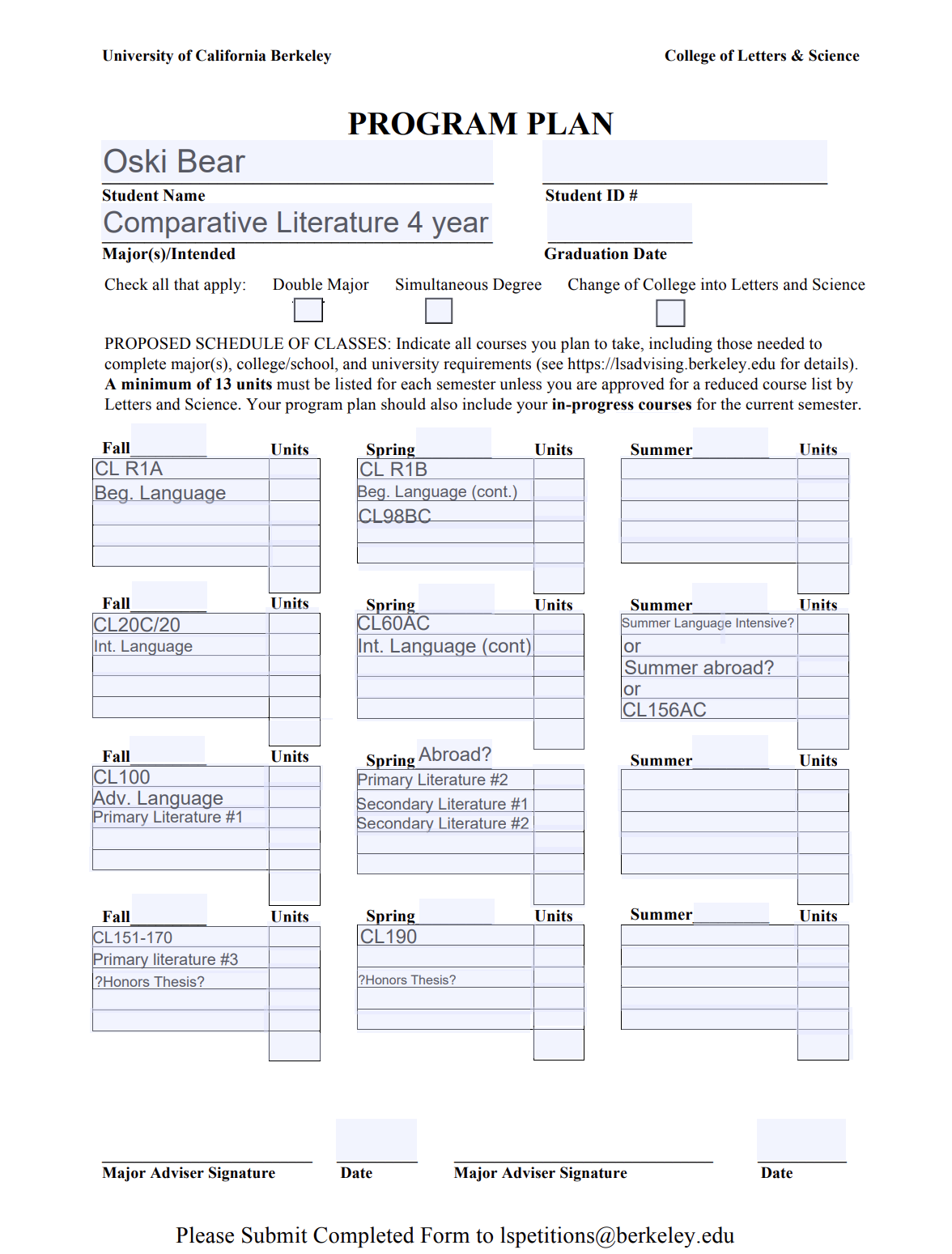
What is Comparative Literature?
Students of comparative literature study literary questions that cross linguistic, political, cultural and historical boundaries. The scholarly expertise of our faculty ranges from the ancient Greek poems of Sapho to contemporary Japanese performance and Bob Dylan’s songs, from the interaction of diplomacy and literature in the Renaissance to the discursive construction of unnameable sexualities, from seventeenth-century Chinese theater to modern and postmodern literature in languages such as Korean, Yiddish, Hindi, French, Russian, Spanish, and English. Beneath the apparent chaos, what brings us together is our commitment to a broad approach to literary studies and the pleasure we take in working with students to develop their own way into this intellectual adventure.
As a student of Comparative Literature, you will:
- study literature from at least two different cultural traditions in their original languages.
- consider literature not only from differing cultural traditions, but from varied historical periods as well.
- work to understand the concept of comparison when applied to a specific group of authors or texts from different literatures.
- think theoretically about the idea of literature itself, considering how it is studied, how it is similar or different from other domains, and/or how to challenge Western theory from non-Western approaches to literature.
Why Comparative Literature at UCB?
The nature of comparative literature encourages study across campus departments, and as a result, our students’ program of study allows for a great deal of freedom; this includes coursework across up to five different departments - including Native American Studies, Philosophy, Rhetoric, East Asian Languages and Cultures, Middle Eastern Languages and Cultures, and many more - and the opportunity to develop invaluable skills applicable to postgraduate study and/or myriad career paths.
Comparative Literature students:
- work towards multilingualism
- work to understand cultural nuance and are culturally responsive
- hone perspective-taking and flexible thinking skills
- develop sophisticated analytical tools
- finely tune their persuasive writing skills
As a Comparative Literature graduate...
...you will have a solid foundation in the humanities and the flexibility to pursue other fields of interests. Majors in Comparative Literature at Berkeley are typically able to prepare for graduate study in not only other humanities-based domains, but also law, business, journalism, and other professional paths. We also have a cluster of Comparative Literature majors every year who simultaneously pursue a major in STEM fields and who report their literary work as an invaluable complement to their science studies; some of these students go into medical and public health professions. A Comparative Literature major is also excellent preparation for an academic career, and our graduates teach English, Latin, and modern languages at the high school and college level. Comparative Literature majors who go on to graduate study and research are teaching in Departments of English, Classics, Modern Languages, Near Eastern Studies, East Asian Studies, and Comparative Literature at various colleges and universities across the United States.
See our Program Requirements page to learn how to begin your study of Comparative Literature and/or reach out to our Undergraduate Major Advisor today (complituga@berkeley.edu).